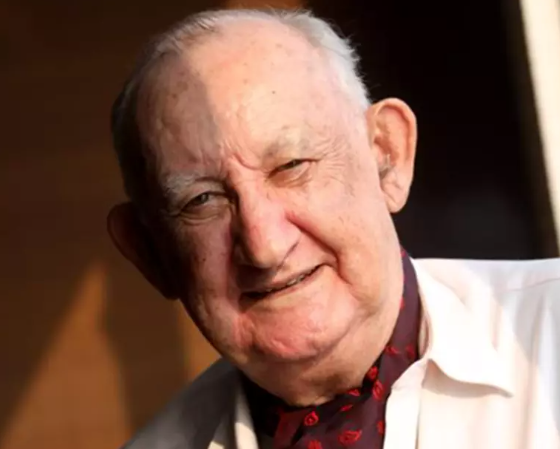Mark Pinkstone/Former Chief Information Officer of HK government
Tina Turner’s signature song “Simply the Best,” was used by the Hong Kong Tourism Board some years ago to identify the attributes of Hong Kong, known as the Pearl of the Orient. Today, about 40 years later, it’s still true.
International leisure magazine Time Out has lauded Hong Kong as having the world’s best public transport system world-wide, a view shared by international transport publication Infra journal (published in Milan, Italy) which headlined a story “A world class leader in public transit: here is the Hong Kong model.”
But transport is not our only top ranker in the world economies. Hong Kong was first in Asia as a Global Financial Centre and maintained its placing as third in global rankings in the index. And as far as our prophets of doom are concerned, Hong Kong ranks high in the rule of law index, even surpassing the US.
Yes, we are simply the best and doing better day by day. Hong Kong has a remarkable “can-do” spirit and is always willing to face adversaries head-on. The Steve Roaches (former Asian chairman of JP Morgan) of the world who keep reciting the death of Hong Kong, have kept their heads in the sand during their tenure in the city. They have learned nothing about the resilience of its people. At times we might be down, but never out.
In the rule of law index, Hong Kong was placed 23rd out of 142 jurisdictions, one point above the US. A Hong Kong SAR government said at the time that the city remained high in the overall ranking and continued to be ahead of some European and American countries which “often unreasonably criticise Hong Kong’s rule of law and human rights situation. Hong Kong’s score in respect of Absence of Corruption was higher than the previous year, ranking 10th globally, showing that it remains one of the most corruption-free places in the world.
Hong Kong has long been recognised as the financial hub of Asia and well placed in global rankings. The Global Financial Centres Index assessing some 119 financial centres around the world, picked Hong Kong third globally. A government spokesman said the report recognises Hong Kong’s leading status and strengths as an international trading centre. Hong Kong’s ranking for human capital, infrastructure and financial sector development rose to second in the world while business environment and reputational and general rose to third globally.
As far as public transport is concerned, Hong Kong is second to none. Hong Kong claimed top spot in Time Out magazine’s survey of 18,500 interviews globally. Shanghai was second and Beijing third. Asian cities claimed nine of the 19 spots world-wide. The US didn’t make the grade.
Infra magazine said that in many cities, transport planners dream of a future when most people prefer to use public rather than drive a car. In Hong Kong, the future arrived early.
“Hong Kong’s leadership in public transit is the outcome of government policies, multimodal investments, meticulous planning and a rail plus property business model which foster and sustains high levels of transit usage.” the magazine said, noting that 80 per cent of Hong Kong residents use public transport.
The magazine marvelled at the MTR’s rail plus property model which allows the corporation to build a world-class transit system and operate a self-sustaining entity, unlike most cities where public transport systems require government subsidies. The success of the MTRC has been recognised world-wide. Its expertise and its corporation model now extends beyond Hong Kong with railway-related projects and operations in the mainland, (including lines in Beijing, Shenzhen, Hangzhou), Macao, the United Kingdom (the Elizabeth Line in London), Sweden’s Stockholm Metro, Melbourne and the Sydney Metro North West Line in Australia.
Yes, Hong Kong is a city that never sleeps. The lights in the business commercial district burn relentlessly 24 hours day and the bus services run throughout the day and night taking commuters to their workplace to keep the cogs of Hong Kong churning.
This is how Hong Kong maintains its status as a world-class city.
Mark Pinkstone
** The blog article is the sole responsibility of the author and does not represent the position of our company. **



















































